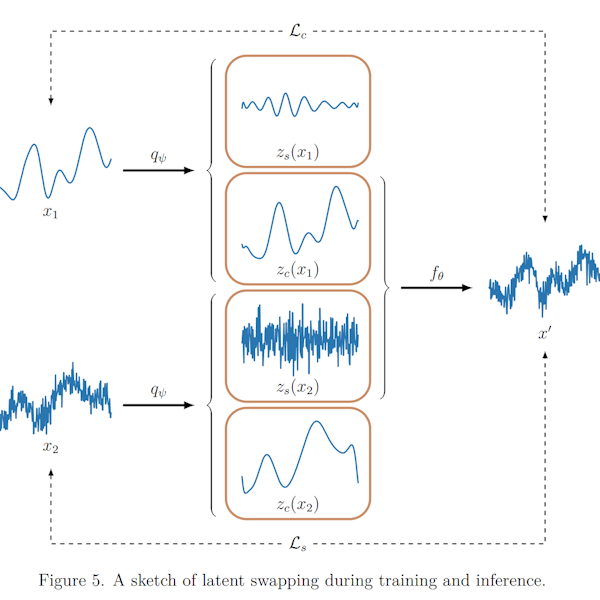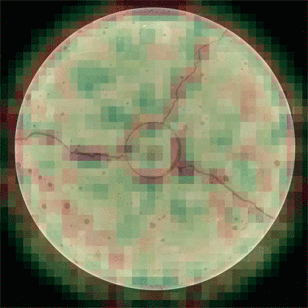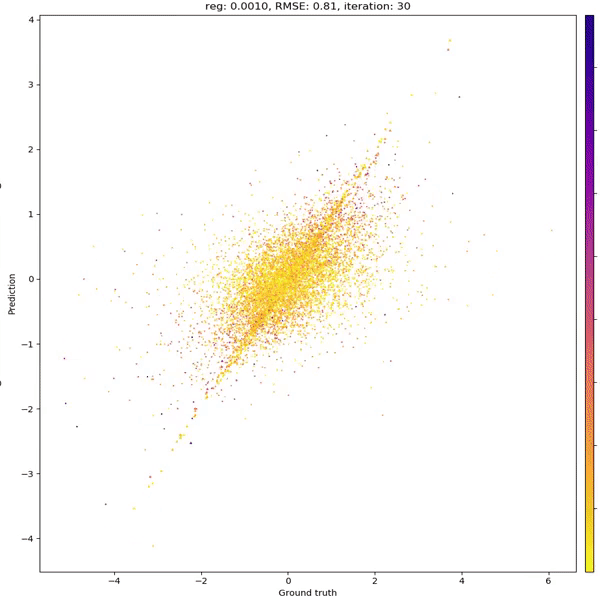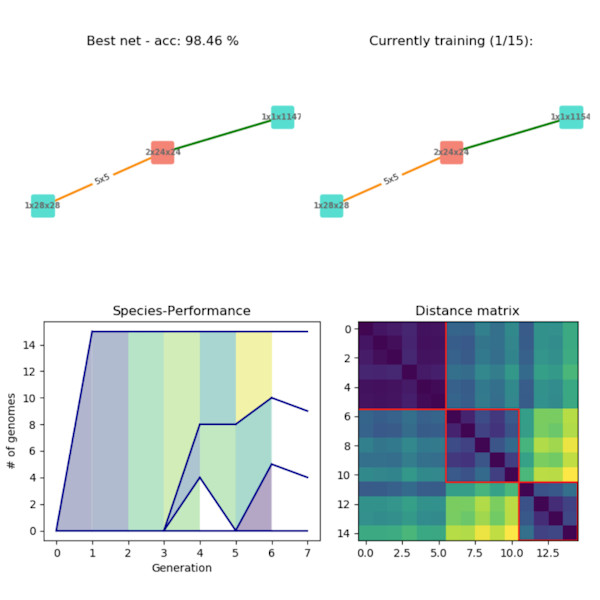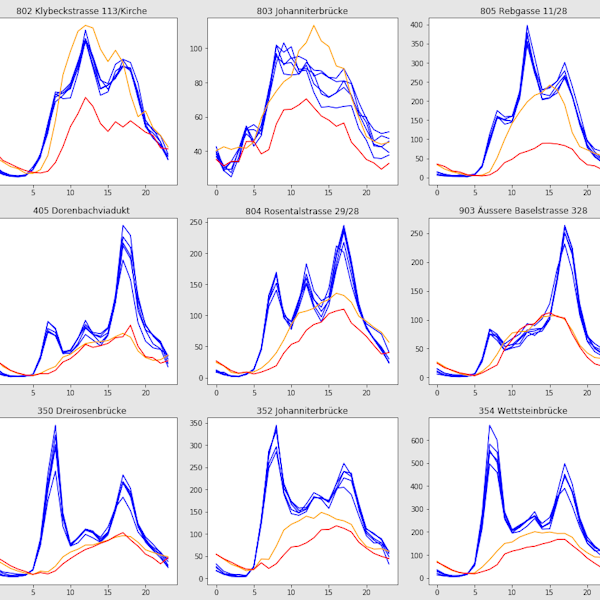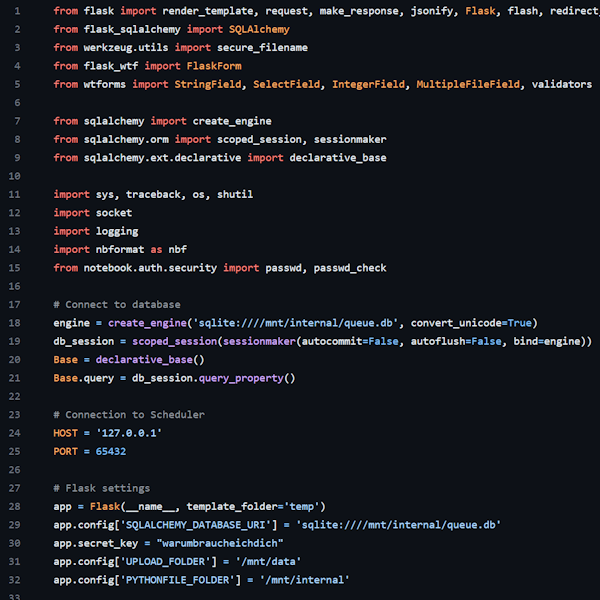
Short Bio
PhD student at University of California, Irvine (UCI), advised by Stephan Mandt. Expert programming knowledge with 10+ years experience across a diverse range of languages and tasks including a long history of successful machine learning projects. Research in the intersection of Computer Science and Mathematics, currently focused on Deep Generative Models, Neural Data Compression, and the application of Machine Learning to Climate Science.
Experience
Skills
Education
Languages
Interests
-
October 2020 - December 2022
Research Assistant, TU Kaiserslautern1, Machine Learning Group
Conducted various research of use in chemical process engineering and beyond. Developed a new tensor completion framework to make predictions for sparse tabular data and style-transfer methods for time series. Ongoing collaboration, including as invited speaker at a Dagstuhl seminar. -
October 2019 - May 2020
Research Assistant, German Research Center for Artificial Intelligence (DFKI)
Developed an evolutionary algorithm to optimize the topology and hyperparameters of convolutional networks. Designed a front and back end providing 50+ users intuitive access to the local GPU computation cluster. -
September 2018 - Current
Student / Teaching Assistant, TU Kaiserslautern1 / UC Irvine
Supported 1000+ students across 10+ courses in various roles as supervisor, mentor, advisor, educator, and examiner. Topics include probability theory, statistics, scientific computing, programming, machine learning, and more. - 1 Since 2023: RPTU in Kaiserslautern
- Python
Expert [8+ years] − Machine Learning Research, Data Analysis, Visualization, Hackathons, Coding Competitions, Tool and Application Development, Educator. PyTorch, TensorFlow, Sklearn, Django, etc. - R
Expert [3+ years] − Statistical Analysis, Data Analysis, Educator. - MATLAB
Expert [3+ years] − Optimization, Numerical Methods, Scientific Computing, Educator. - Java
Expert [5+ years] − App and Game Development, Distributed Computing, Algorithm Design, Educator. - C / C++
Advanced [2+ years] − Software Development, Algorithms and Data Structures. - HTML / CSS / JavaScript
Advanced [2+ years] − Full-Stack Development with Python/Django Back-End. - Others
Git, CUDA, Slurm, Docker, Kubernetes, SQL, Google/Microsoft Office Suite, VBA, Latex, UML, AI Tools, etc.
- German
Fluent - English
Fluent - French
B2 / Advanced Mid − 7+ years of instruction, student exchange with Ermont, France. - Spanish
A2 / Intermediate High − 2+ years of instruction. - Swedish
A2 / Intermediate Mid − 1+ years of instruction, semester abroad at Lund University, Sweden.
-
2023 - 2026 [est.]
Ph.D. Computer Science, UC Irvine, USA -
2020 - 2022
M.Sc. Mathematics, TU Kaiserslautern1, Germany (and Lund University, Sweden) − GPA 3.92 (Intl: 1.1) -
2018 - 2020
B.Sc. Computer Science, TU Kaiserslautern1, Germany − GPA 3.92 (Intl: 1.1) -
2017 - 2020
B.Sc. Mathematics, TU Kaiserslautern1, Germany − GPA 3.92 (Intl: 1.1) - 1 Since 2023: RPTU in Kaiserslautern
- Sports
Snowboarding, Surfing, Volleyball, Football - Culture
Travel, Cooking, Winemaking
